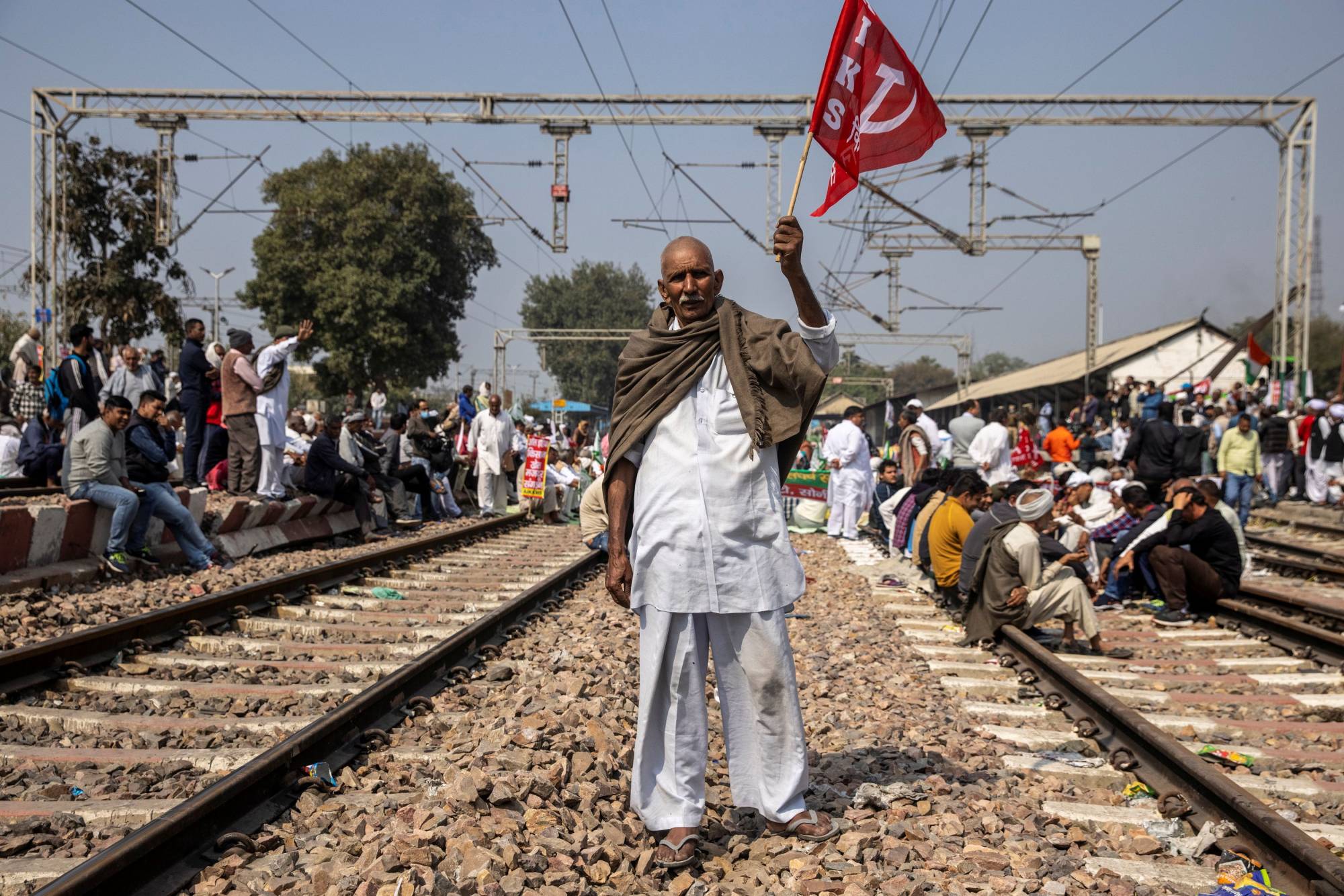India’s three new farm laws, enacted in September 2020 with little public or parliamentary debate, have attracted enormous global interest. Prime Minister Narendra Modi’s government described the measures as a gift to farmers, but farmers in several Indian states, led by smallholders in Punjab and Haryana, have refused to accept them. Sustained and highly polarizing protests have followed.
The situation in India is unfortunate, but it is not unique. Agriculture is an intricate issue that raises important questions not just for India but for all economies struggling to strike a balance between the market and the state.
I had long felt that India’s existing farm laws needed changing, and that the country’s food grain market needed to be more open. The new laws, among other things, permit farmers to sell grain outside designated state-regulated areas called “mandis” in states where they previously were not allowed to do so. The government appears to be giving farmers more choice. Why should anyone object to that?

















With your current subscription plan you can comment on stories. However, before writing your first comment, please create a display name in the Profile section of your subscriber account page.